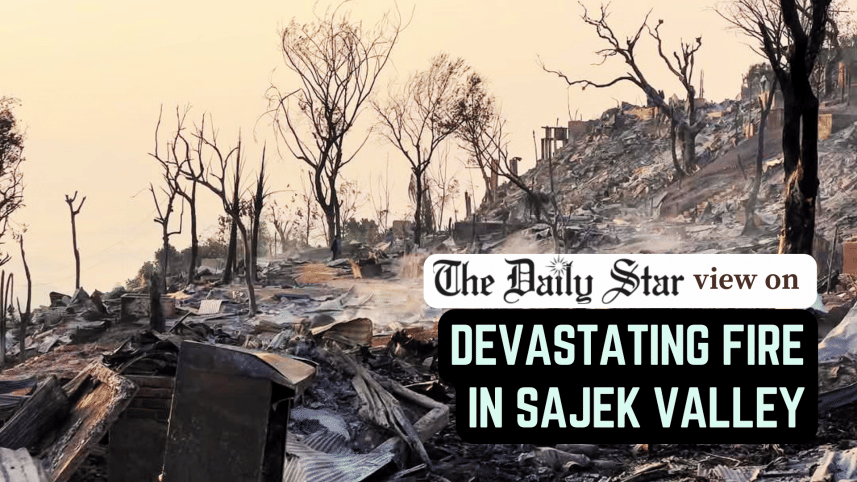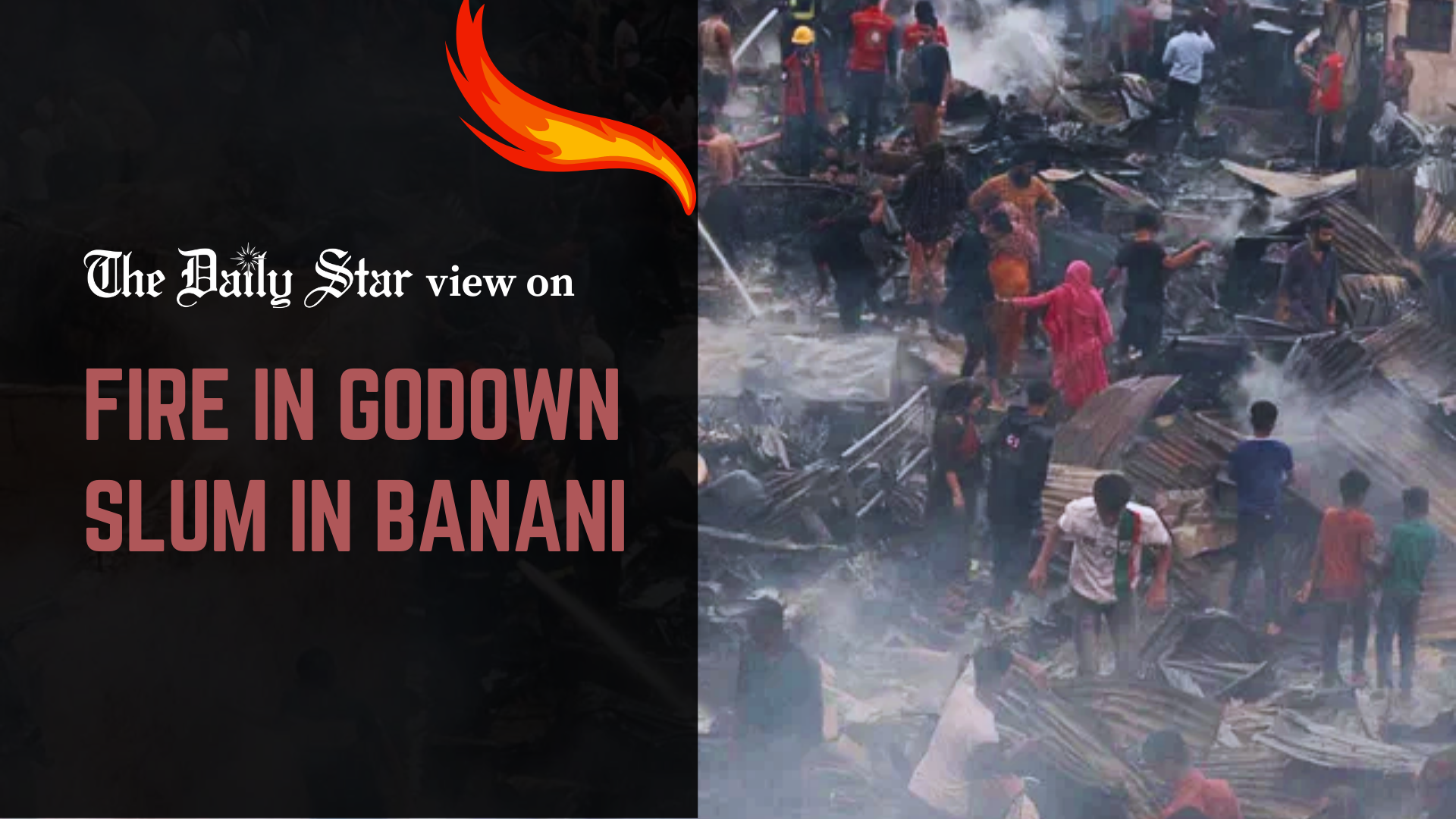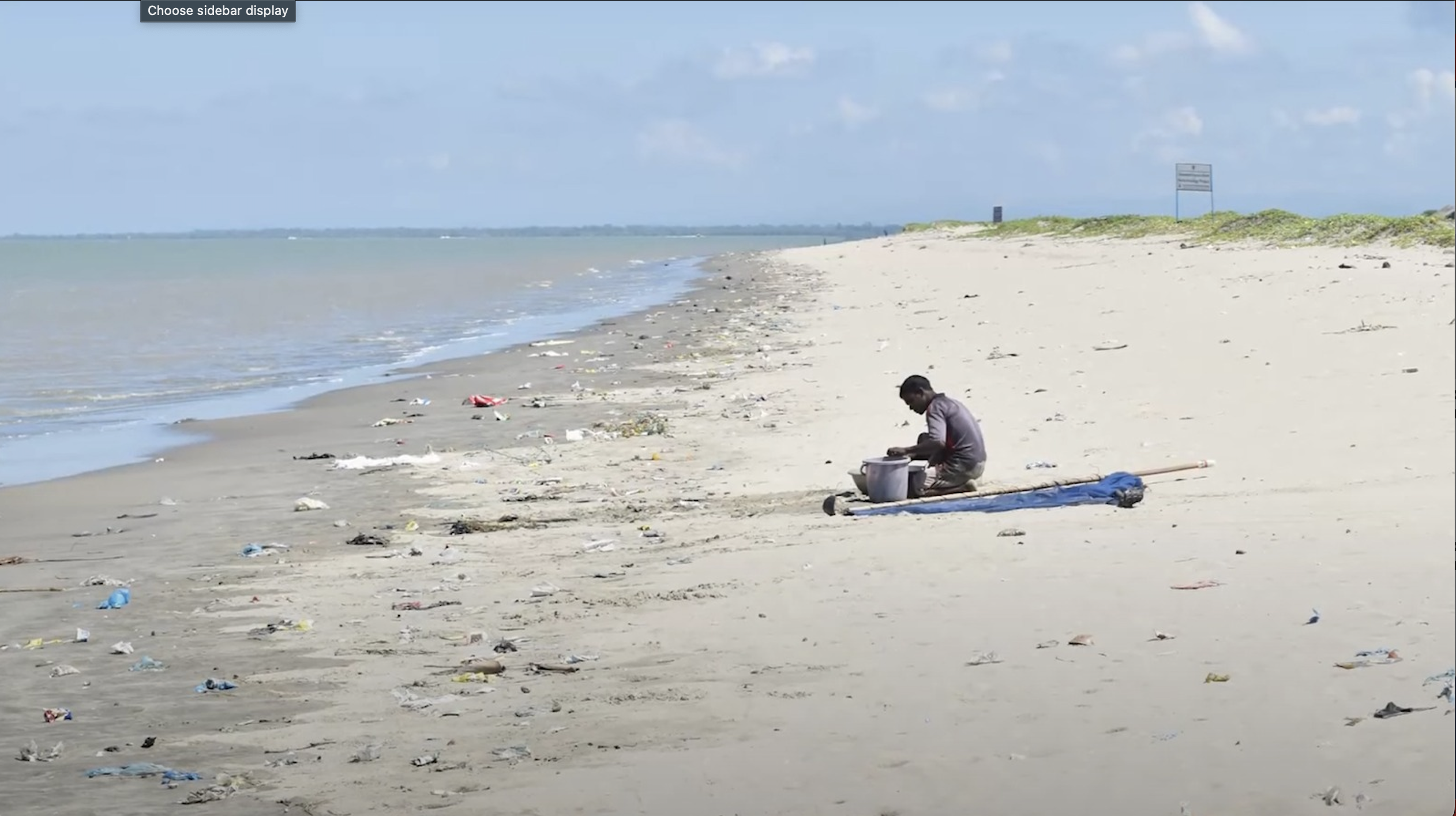Sajek fire a wake-up call for the tourism sector

Our hearts go out to the victims of the devastating fire that swept through Rangamati's Sajek Valley, one of the most popular tourist destinations in the country. According to estimates given by the district administration, the fire—which broke out around 1:00pm on Monday—gutted about 98 establishments including 36 resorts and cottages, 35 houses, 20 stationary shops, and seven restaurants. Business owners estimate the total damage to be around Tk 100 crore, including Tk 30 crore lost in tourism-related destruction alone. While the scale of the fire has caught many by surprise, preliminary investigations reveal glaring lapses that make such a tragedy seem all but inevitable.
According to a report by Prothom Alo, the fire, which burned uncontrollably for hours, was exacerbated by the lack of a fire station nearby. By the time fire service units from Dighinala, Khagrachhari, Rangamati, and other far-flung areas arrived, the damage was already extensive. The water crisis in Sajek also hampered firefighting efforts by locals. There were other factors responsible for the devastation. For example, most structures in Sajek are built of wood and bamboo, making them highly flammable. The uncontrolled expansion of resorts and cottages without proper regulations also created a densely packed environment where fire could easily spread. Moreover, none of Sajek's estimated 126 resorts and cottages had fire extinguishers, nor had there ever been a fire drill in the area.
How could such a popular spot develop without having any fire safety measure in place? Why didn't the local administration and fire service department enforce necessary measures, even after similar fires broke out in Sajek in 2017, 2021, and 2023? While the lack of fire and building safety is a threat that extends to all of Bangladesh—especially urban and industrial settings where fire incidents are a common occurrence—the Sajek episode should serve as a wake-up call for the tourism authorities and entrepreneurs. We need sustainable tourism that prioritises safety, not unplanned expansion that compromises it.
The question is, how could such a popular spot develop without having any fire safety measure in place? Why didn't the local administration and fire service department enforce necessary measures, even after similar fires broke out in Sajek in 2017, 2021, and 2023? While the lack of fire and building safety is a threat that extends to all of Bangladesh—especially urban and industrial settings where fire incidents are a common occurrence—the Sajek episode should serve as a wake-up call for the tourism authorities and entrepreneurs. We need sustainable tourism that prioritises safety, not unplanned expansion that compromises it.
The immediate priority, however, is to ensure the victims are properly compensated and helped in rebuilding efforts. At the same time, steps must be taken to prevent fires in the future. The establishment of a fire station in Sajek or nearby areas has become crucial. Also, given the water shortage in hilly regions, every resort and cottage there should be mandated to have fire extinguishers and other essential firefighting equipment. All this must be done as part of a strict regulatory framework for tourism infrastructure development.



 For all latest news, follow The Daily Star's Google News channel.
For all latest news, follow The Daily Star's Google News channel. 

Comments